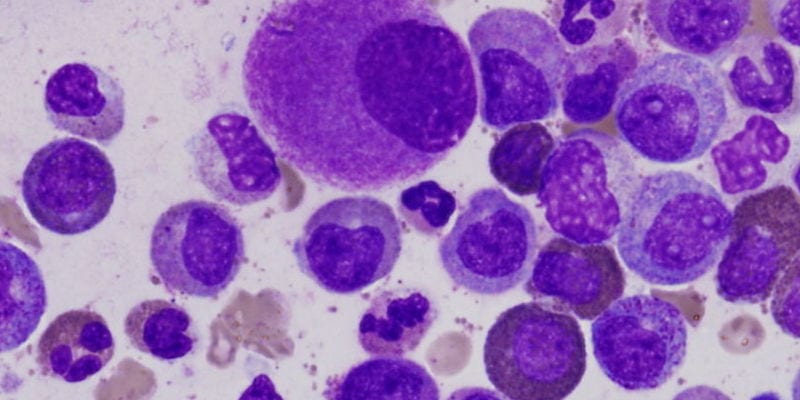Infection
Pooled Analysis of Infections in MM Patients Treated with Bispecific Antibodies
The following is a summary of “Risk of infections associated with the use of bispecific antibodies in multiple myeloma: a pooled analysis,” published in the July 2023 issue of Hematology by Mazahreh et al.
Bispecific antibodies (BsAbs) are a new type of immunotherapy showing early promise in treating relapsed/refractory multiple myeloma (MM). Researchers performed a retrospective study of all single-agent bispecific antibodies (BsAbs) used to treat MM in patients who had not previously received BsAbs. A total of 1,185 patients with MM were treated with a BsAb in the studied period (71.6% of the patients were treated with an agent targeting B-cell maturation antigen (BCMA). Pooled median follow-up was short at 6.1 months (7.5 vs 5.2 months for BCMA vs non-BCMA BsAbs, respectively). Adverse events of interest included neutropenia (38.6%), infections (50% (n = 542/1,083), cytokine release syndrome (59.6% n = 706/1,185), neutropenia grade III/IV (34.8% n = 372/1,068), infections grade III/IV (24.5% n = 272/1,110), pneumonia grade III/IV (10% n = 52.4/506), and coronavirus disease 2019 grade III/IV (11.4% n = 45.4/395).
Non-BCMA-targeted BsAbs were associated with lower neutropenia grade III/IV (25.3% vs 39.2%) and infections grade III/IV (11.9% vs 30%). Hypogammaglobulinemia was reported in 4 studies, affecting 75.3% (256/340) of the patients. Of these patients, 48% (123/256) received IV immunoglobulin, and 110 died, of which 28 (25.5%) were due to infections.
The study concluded that certain precautions should be taken while using BsAbs to reduce the risk of infection and/or to identify and treat infections promptly.
Source: ashpublications.org/bloodadvances/article/7/13/3069/494747/Risk-of-infections-associated-with-the-use-of?searchresult=1

